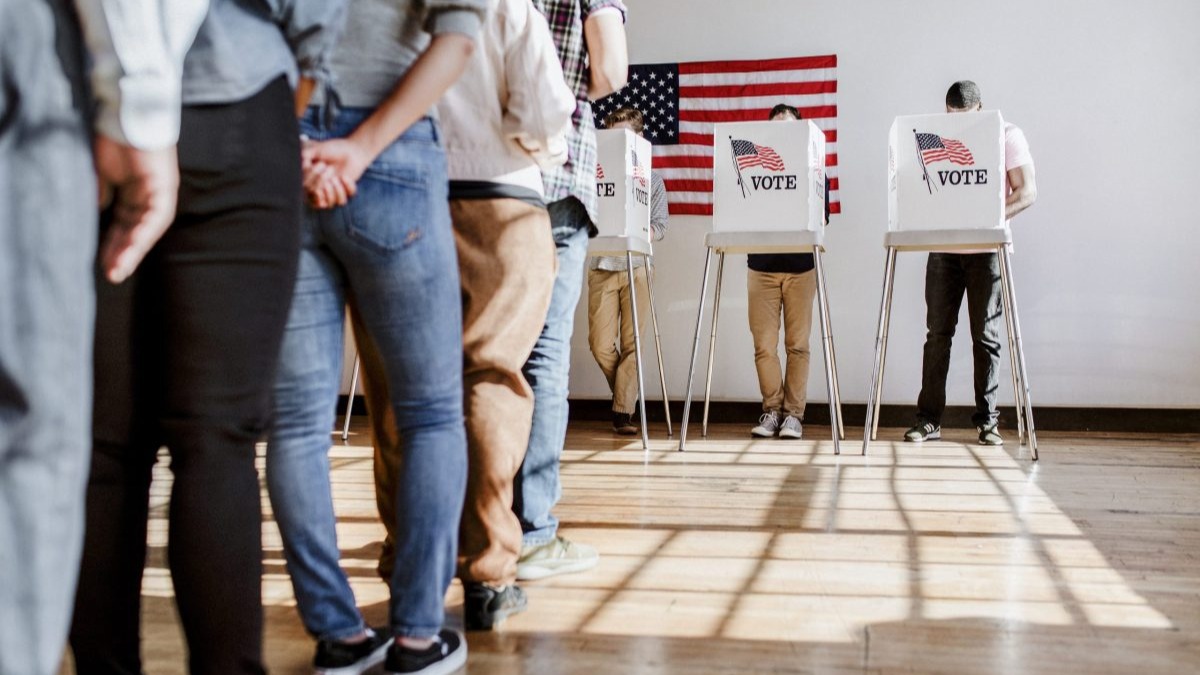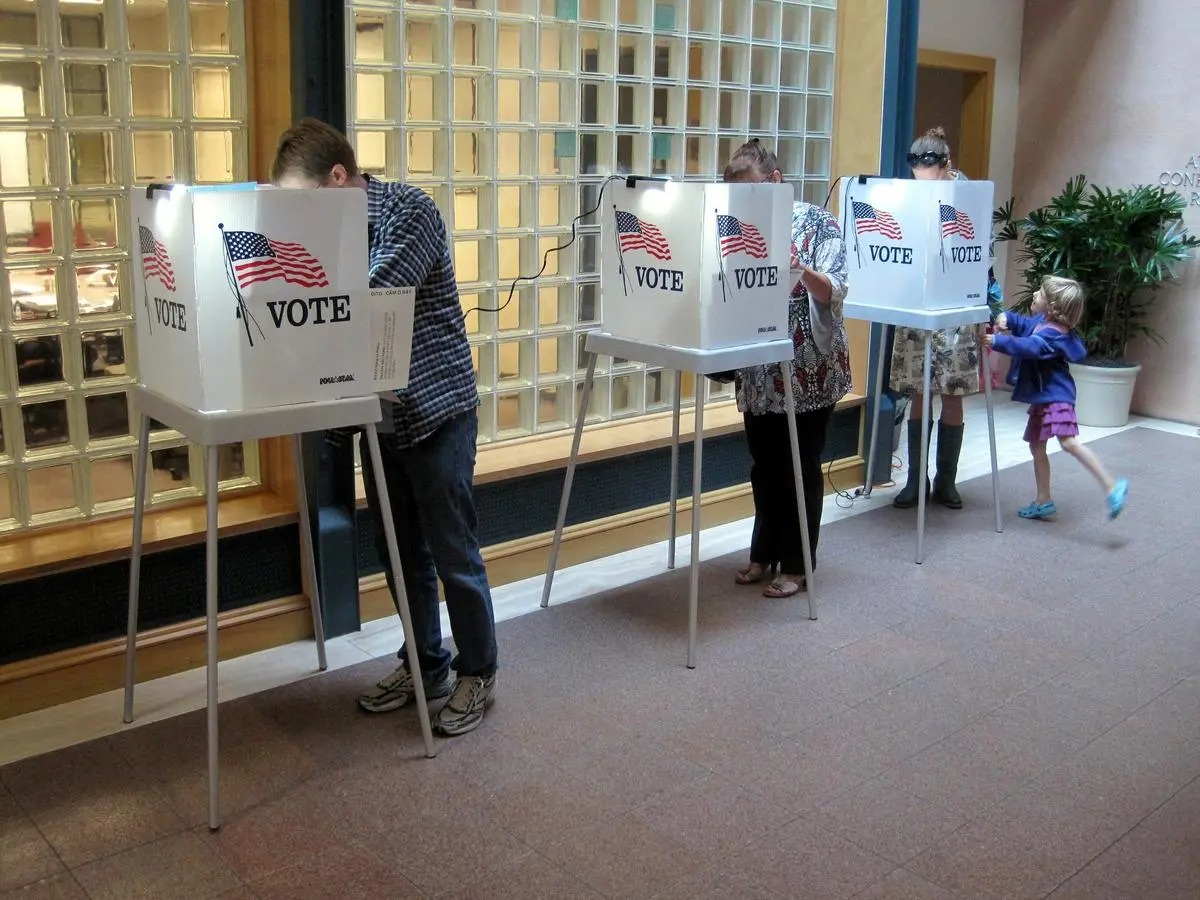Spring is unfurling across North Carolina, signaling the start of the 2024 election season. While ballots have been accepted since January, the onset of in-person early voting has kicked the campaign into high gear. As the political landscape warms up, several key questions emerge for observers of North Carolina politics:
Democratic Momentum in NCGA Seats: The North Carolina Democratic Party has ramped up its efforts to contest seats across the state, with candidates running in nearly all 170 legislative districts. While flipping deeply Republican districts may be a tall order, these efforts could still have significant impacts.
By engaging voters and expanding the electorate, Democratic candidates in challenging districts could help boost turnout for the party’s nominees in more competitive races, such as the gubernatorial and presidential elections.

Election in North Carolina (Credits: Montana Free Press)
Strategic Voting Among Unaffiliated Voters: Unaffiliated voters make up a substantial portion of North Carolina’s electorate and can choose which partisan primary to participate in. Studies suggest that nearly half of unaffiliated voters switch partisan primaries, often based on the competitiveness of the races.
In a year with more competitive Republican primaries, strategic voting among unaffiliated voters could sway outcomes, particularly in closely contested races like the 11th congressional district.
Republican Primary Dynamics: The Republican side of the ticket features numerous competitive primaries, including NC-13, NC-10, and NC-6, where no clear front-runner has emerged. Additionally, the Republican primary for Lieutenant Governor boasts 11 candidates compared to 3 on the Democratic side.
With Joe Biden facing no opposition in North Carolina’s primary, Republican messaging is emphasizing the importance of conservative voters influencing the party’s primary outcomes.
Impact of Democratic Party Reshaping: Tulsi Gabbard, a former Democratic presidential candidate who exited the party in 2022, has reportedly engaged in discussions with Republican leaders, including Donald Trump, regarding foreign policy.
Her shift highlights a broader trend of Democrats reevaluating their party affiliation, potentially reshaping the political landscape in North Carolina and beyond.
Ripple Effects of National Politics: As the 2024 election unfolds, national political dynamics, including the potential rematch between Donald Trump and Joe Biden, will undoubtedly influence North Carolina’s political landscape.
Speculation about Trump’s choice for vice president and endorsements from key figures like Vivek Ramaswamy and Ron DeSantis could further impact the state’s political direction.
The 2024 election in North Carolina promises to be dynamic and consequential, with strategic voting, party competition, and shifting political allegiances all playing significant roles.























